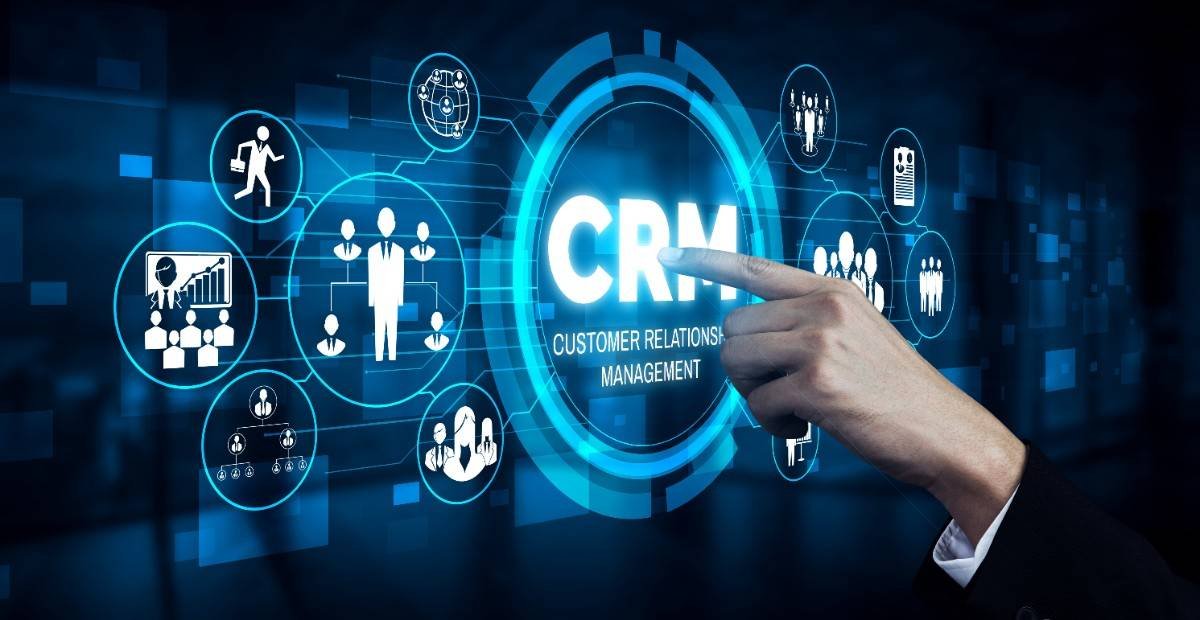CRM Software – What It Is, and Why Even Small Businesses Should Care

When people hear “CRM,” they often think of massive sales teams in shiny offices managing thousands of leads. But CRM software isn’t just for the big guys. For small and mid-sized businesses, a well-set-up CRM can be the difference between growth and chaos.
What is a CRM, Really?
At its core, a CRM is a system that helps you track all your interactions with customers — whether they’re potential clients, current customers, or long-lost leads. Instead of juggling spreadsheets, sticky notes, and email inboxes, a CRM brings everything into one place.
- Store contact details
- Track follow-ups and next steps
- Assign leads to team members
- Automate routine outreach (like “Just checking in!” emails)
- See your sales pipeline clearly

Why does this matter?
Most growing businesses reach a point where things start slipping through the cracks. A lead calls back — but nobody remembers what the last conversation was about. Someone forgets to follow up. Two people reach out to the same customer with different offers.
That’s not a people problem — that’s a systems problem. And that’s where a CRM steps in. It’s not about tech. It’s about visibility.
The biggest advantage of a CRM isn’t fancy automation or dashboards. It’s visibility. You know who’s being contacted, when, and why. You can train new team members faster. You can spot stuck deals before they go cold. You can stop relying on memory and start relying on a process.
A few practical tips if you are getting started:
Keep it simple. You don’t need every feature from Day One.
Start with your current workflow. What’s falling through the cracks? Start there.
Make it a habit. A CRM only works if your team actually uses it.
Don’t chase a brand — chase fit. The best CRM is the one your team understands and actually opens.
